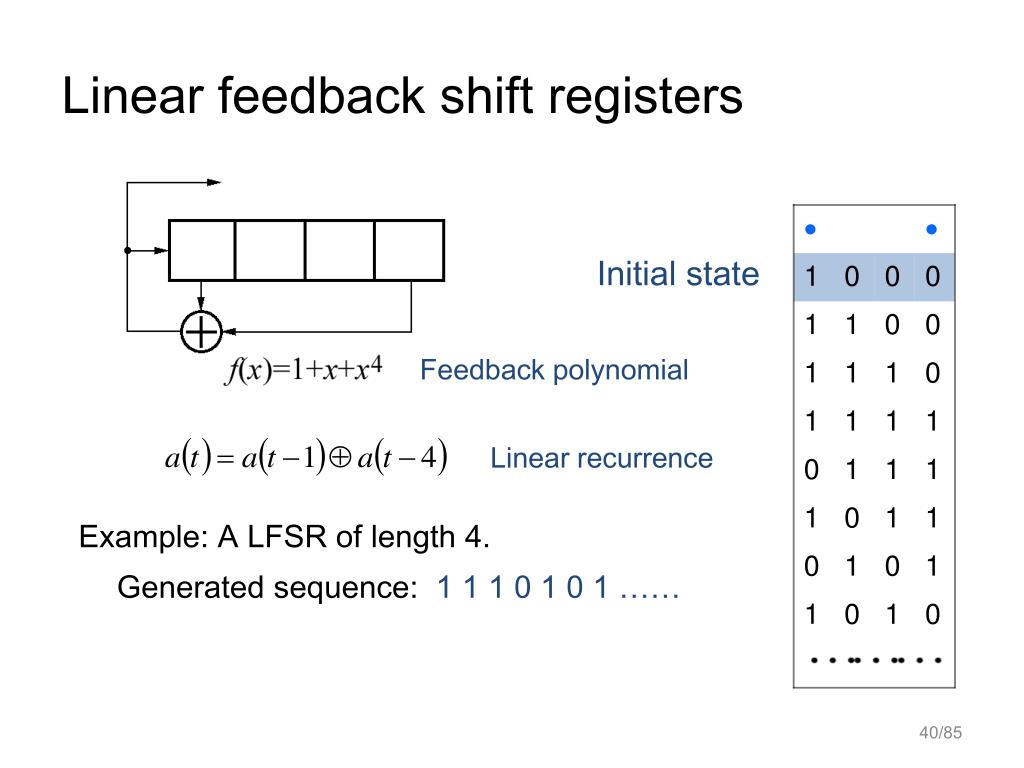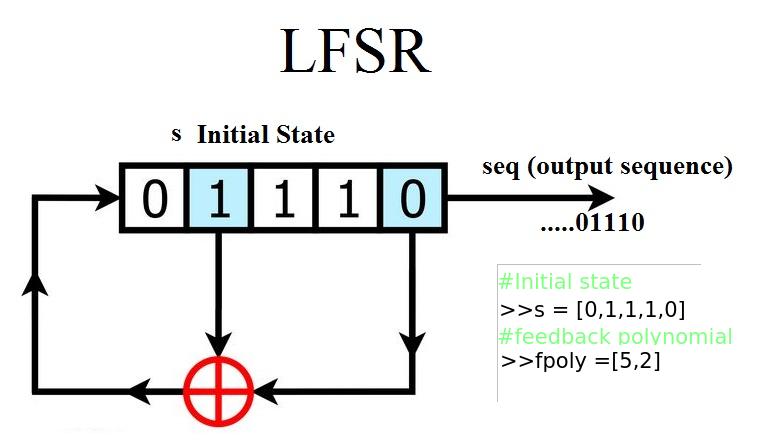



Familiarize yourself with the following before posting a question about a novel cryptosystem, or else the risk is nobody will take their time to answer:."Crack this cipher" challenges also belong in /r/codes unless they're based on interesting crypto implementation bugs, e.g.Do not ask people to break your cryptosystem without first sharing the algorithm.(Rule of thumb: If a desktop computer can break a code in less than an hour, it's not strong crypto.) You're probably looking for /r/codes. Codes, simple ciphers, ARGs, and other such "weak crypto" don't belong here.NOTE: This is NOT a cryptocurrency subreddit, see /r/cryptocurrency RULESĭon't forget to read our RULES PAGE! The rules listed there are also used as this sub's report reasons. Send us a reason for why you want to join via mod mail, click here and tell us why you want to discuss cryptography Want to join?īecause this subreddit currently is in restricted mode, you will NOT be able to post or comment before your account has been approved. Please note that this subreddit is technical, not political! The focus is on the algorithms and the security of the implementations. This subreddit is intended for links and discussions surrounding the theory and practice of modern and strong cryptography. Cryptography lives at an intersection of math and computer science. is the art of creating mathematical / information theoretic assurances for who can do what with data, including but not limited to the classical example of encrypting messages so that only the key-holder can read it. Weste, N.H.E., Harris, D.: CMOS VLSI Design: A Circuits and Systems Perspective, 3rd edn. Takeshita, O.Y., Costello, D.J.: New Deterministic Interleaver Design for Turbo Codes. In: Int Conf on Appl.-Specific Syst., Arch and Processors, pp. Sun, Y., Zhu, Y., Goel, M., Cavallaro, J R.: Configurable and Scalable High Throughput Turbo Decoder Architecture for Multiple 4G Wireless Standards. 1–5 (2010)Īsghar, R., Wu, D., Eilert, J., Liu, D.: Memory Conflict Analysis and Interleaver Design for Parallel Turbo Decoding Supporting HSPA Evolution. Lee, S.-G., Wang, C.-H., Sheen, W.-H.: Architecture Design of QPP Interleaver for Parallel Turbo Decoding. IEEE Std 802.16m -2011, Part 16: Air Interface for Broadband Wireless Access Systems, Amendment 3: Advance Air Interface LTE: Evolved Universal Terrestrial Radio Access (E-UTRA) Multiplexing and channel coding (3GPP TS 36.212 version 10.0.0 Release 10) 445–448 (1998)ĭobkin, R., Peleg, M., Ginosar, P.: Parallel Inerleaver Design and VLSI Architecture for Low-Latency MAP Turbo Decoders. Circuit and Systems (ISCAS 1998), vol. 4, pp. Hsu, J.-M., Wang, C.-L.: A Parallel Decoding Scheme for Turbo Codes. Woodard, J.P., Hanzo, L.: Comparative Study of Turbo Decoding Techniques: an overview. Berrou, C., Glavieux, A., Thitimajshima, P.: Near Shannon Limit Error-Correcting Coding and Decoding: Turbo-Codes.


 0 kommentar(er)
0 kommentar(er)
